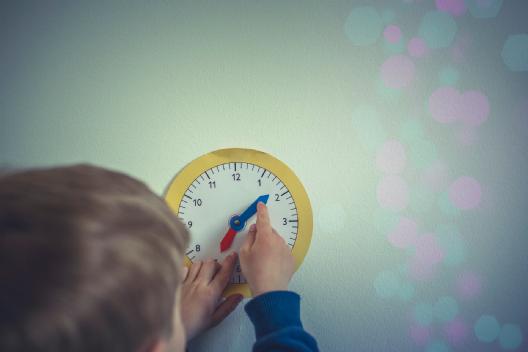Dr Lazaros Andronis, NIHR Advanced Fellowship
Estimating the Value of Children's Time for Use in Economic Evaluation
What is the value of children and young people’s time? Understanding this will help ensure that taxpayers’ money is spent on the best interventions and programmes of care.
Time is money
Each year, governments spend billions on new interventions, services and programmes aiming to improve adults and children's health and wellbeing. To decide which programmes represent ‘value for money’ and should be funded by the public purse, NHS policy makers increasingly turn to economic evaluations. Economic evaluations - such as cost-effectiveness and cost-benefit analyses - are detailed studies that measure and contrast all relevant resources (inputs) and benefits (outputs) associated with different programmes competing for funding.
One of those resources is the amount of time individuals forgo to receive care. When this differs across compared programmes, forgone time ought to be valued and included in economic evaluations.
We usually (and conveniently) value working-age adults' time by using their wages, but we simply do not know what value to attach to children and young people’s (CYP) time. As a result, important time-related costs are often missed out from economic evaluations of programmes and interventions related to CYP.

Time is money, but we do not know how best to value and include children and young people’s time in health economic evaluations.

Important time-related costs are often missed out from economic evaluations of programmes and interventions for children and young people.
Identifying the value children and young people place on their time
Dr Lazaros Andronis from Warwick Medical School has been awarded an NIHR Advanced Fellowship to undertake research on the economic value of children and young people's time.
As part of his Fellowship, Dr Andronis will lead a multidisciplinary team of collaborators to explore how to identify the value that children and young person’s place on their time, how this varies and how best to include it in health economic evaluations.
The team will use various qualitative and quantitative methods and techniques, including web surveys, consensus-building exercises, focus group discussions and stated preference elicitation (contingent valuation and choice experiments).
Collaborations
The project will bring together collaborators from Universities and Institutions within and outside the UK.
Key study collaborators are Professors Emily Lancsar (Australian National University), Cam Donaldson (Glasgow Caledonian University) and Stavros Petrou (University of Oxford), as well as the NIHR Young Person’s Steering Group West Midlands (NHS YPSG WM).
The project’s findings will be disseminated through various channels, including articles and presentations at conferences, social media updates, study newsletters written in plain language, a designated study webpage and talks at public engagement events.
To find out more about the research, please contact Dr Lazaros Andronis

Governments spend billions on interventions, programmes and services aiming to improve children and young people's health and wellbeing.
